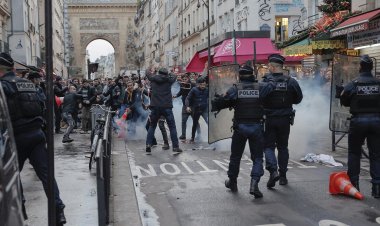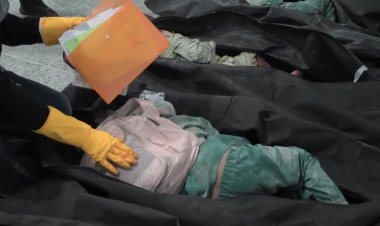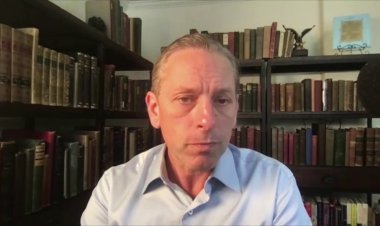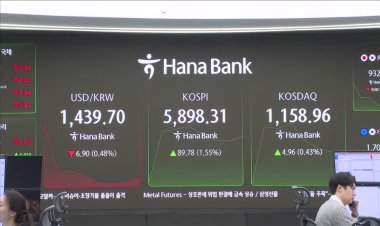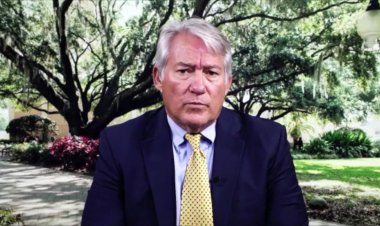Bukele's Reelection: Salvadorans Eye Economic Future
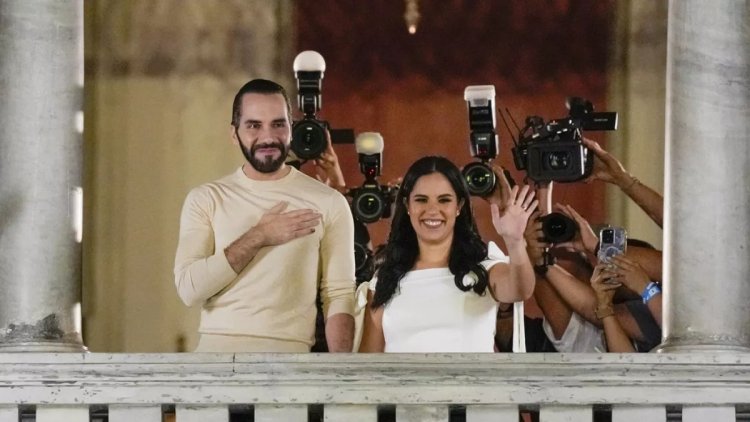
Salvadorans reveling in a new-found peace thanks to President Nayib Bukele's "war" on gangs gave him an overwhelming second-term mandate in elections. But economic woes mean the honeymoon period may be nearing its end, analysts say.
With high public debt, nearly a third of the population living in poverty and fast-rising consumer prices, Salvadorans just getting used to a life free of fear, are increasingly starting to think of what comes next.
Bukele polls as the most popular president in Latin America, thanks to a gang crackdown that has turned what was once one of the world's most violent countries into a much safer one.
Bukele promised "a period of prosperity" ahead "because there are no longer brakes on starting a business, there are no brakes on studying... to work, there are no brakes on tourism."
Fireworks erupted in El Salvador's capital as President Nayib Bukele claimed a massive first-round reelection victory on the back of a "war" on gangs credited with slashing homicide rates in the violence-weary country.
Bukele, 42, claimed to have won more than 85 percent of the presidential vote and his party Nuevas Ideas 58 of the 60 seats in parliament.
In a victory speech given to cheering, flag-waving crowds from a balcony of the National Palace before final official results were announced, Bukele claimed his win represented "the biggest difference between first place and second place in the history" of democratic presidential elections anywhere.
And he said El Salvador would be the first country with "a one-party system in a democracy."
Partial results released by the Supreme Electoral Tribunal, as Bukele was speaking, showed that nearly 83 percent of votes cast were for the president, streaks ahead of five competitors.






